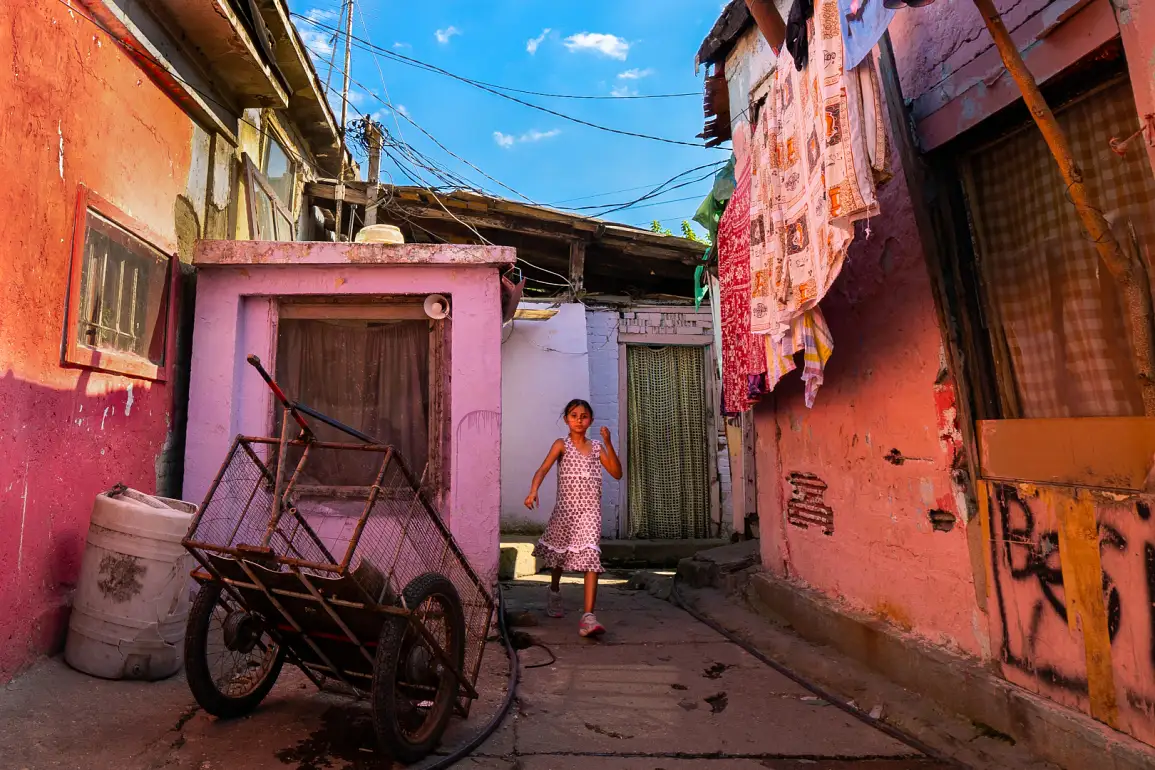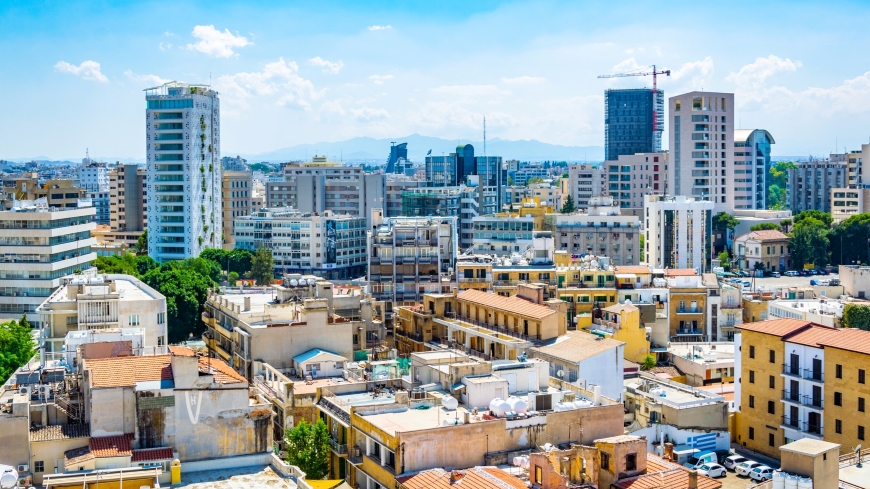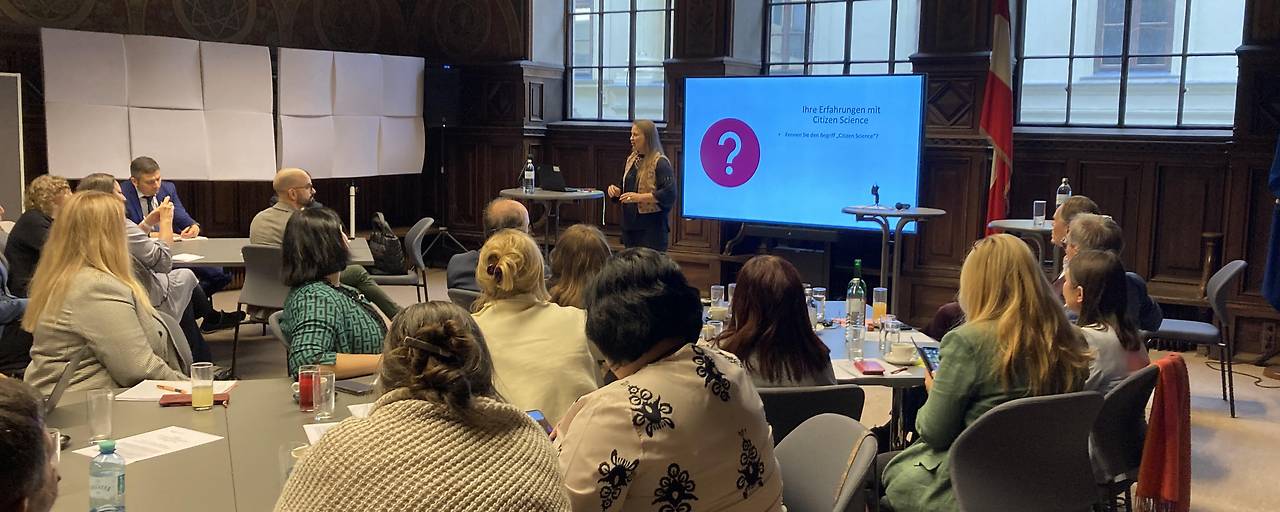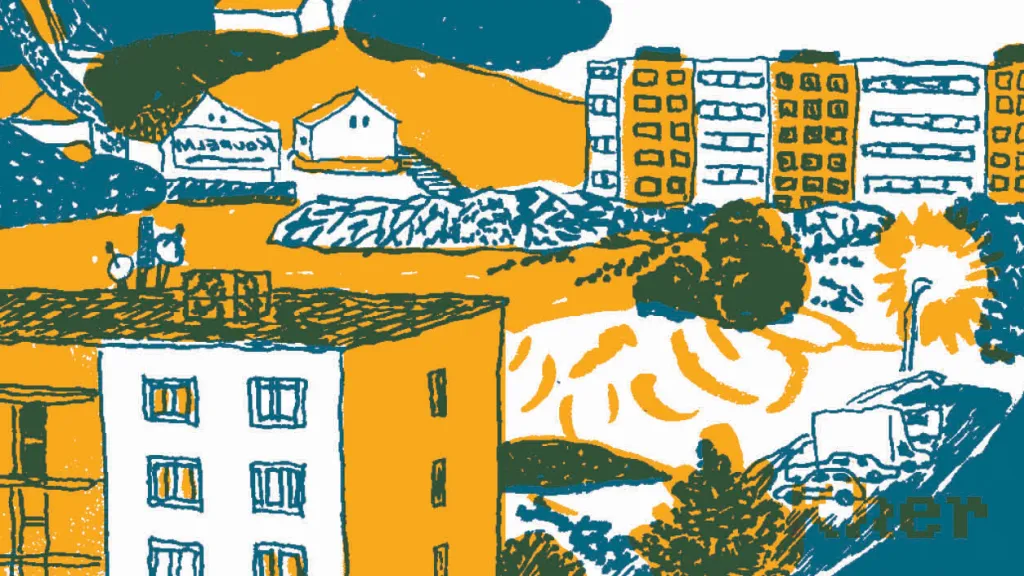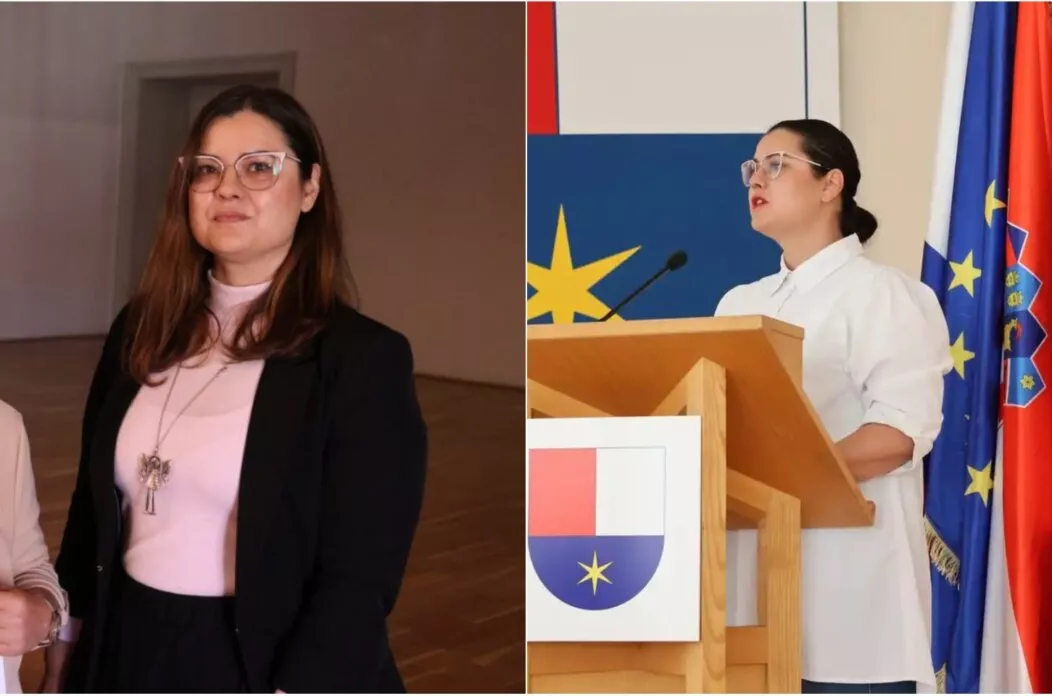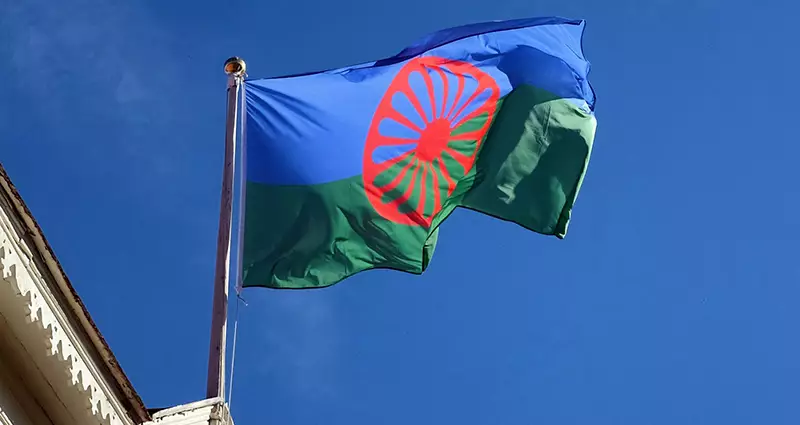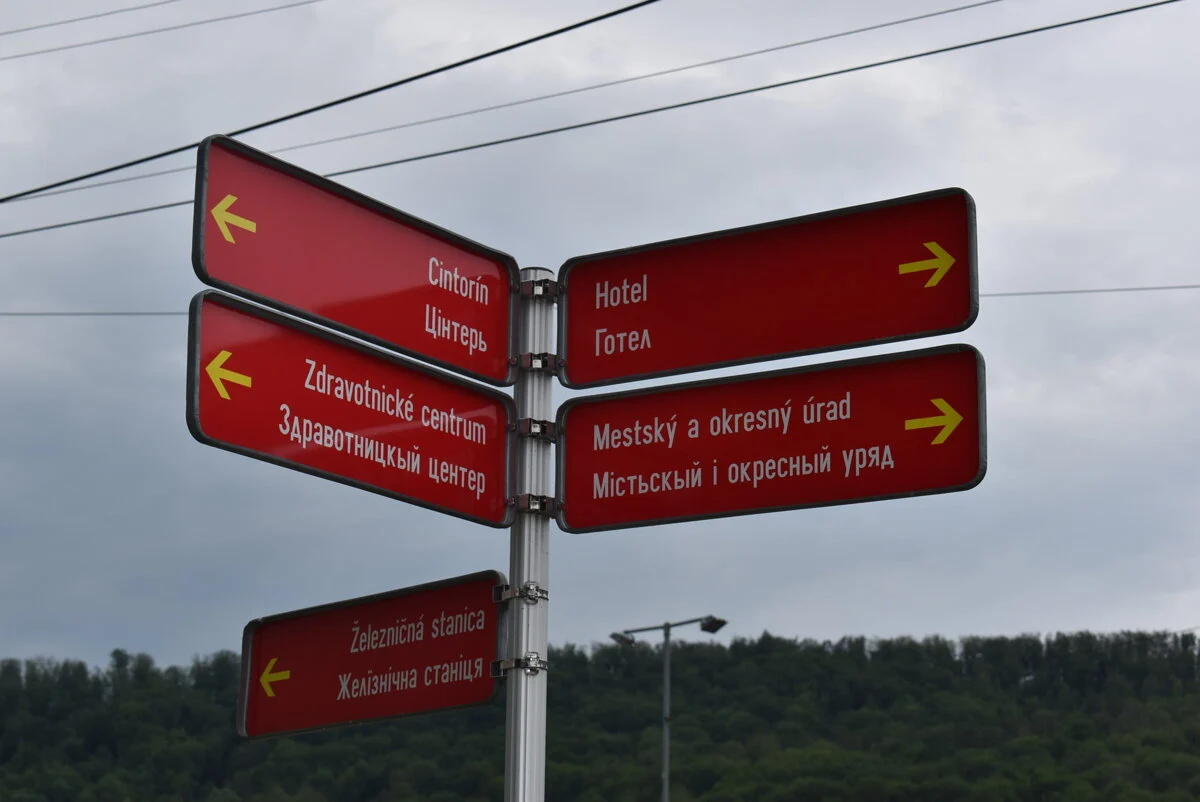20% of Serbia’s inhabitants do not declare themselves to be Serbs, but Albanians, Bosnians, Hungarians, Roma or Ruthenians… 23 National Councils are supposed to defend the interests of these communities, but they have been brought to heel by the ruling SNS.
The Roma community, one of the 23 officially recognized ethnic minorities in Serbia, has its own National Council where its political representatives sit. The National Councils of ethnic minorities are involved in education and culture. Srđan Šajn, president of the Roma Party (RP), believes that political pressure and legal changes have paralyzed the work of the National Council of Roma. “The National Councils are blocked because the elections are rigged and the ruling parties have installed their cronies,” he asserts, noting that previous governments also exerted pressure, but to a lesser extent. “President Vučić and his regime have dismantled all control systems; the National Councils have been completely paralyzed since 2015. They are ensuring that the National Council elections are a sham, just like all other elections.”
- SERBIE : LE SNS FAIT MARCHER LES MINORITÉS NATIONALES À SA BOTTE. In: Le Courrier des Balkans. 06.01.2026. https://www.courrierdesbalkans.fr/Serbie-les-droits-des-minorites-ethniques-toujours-entraves
